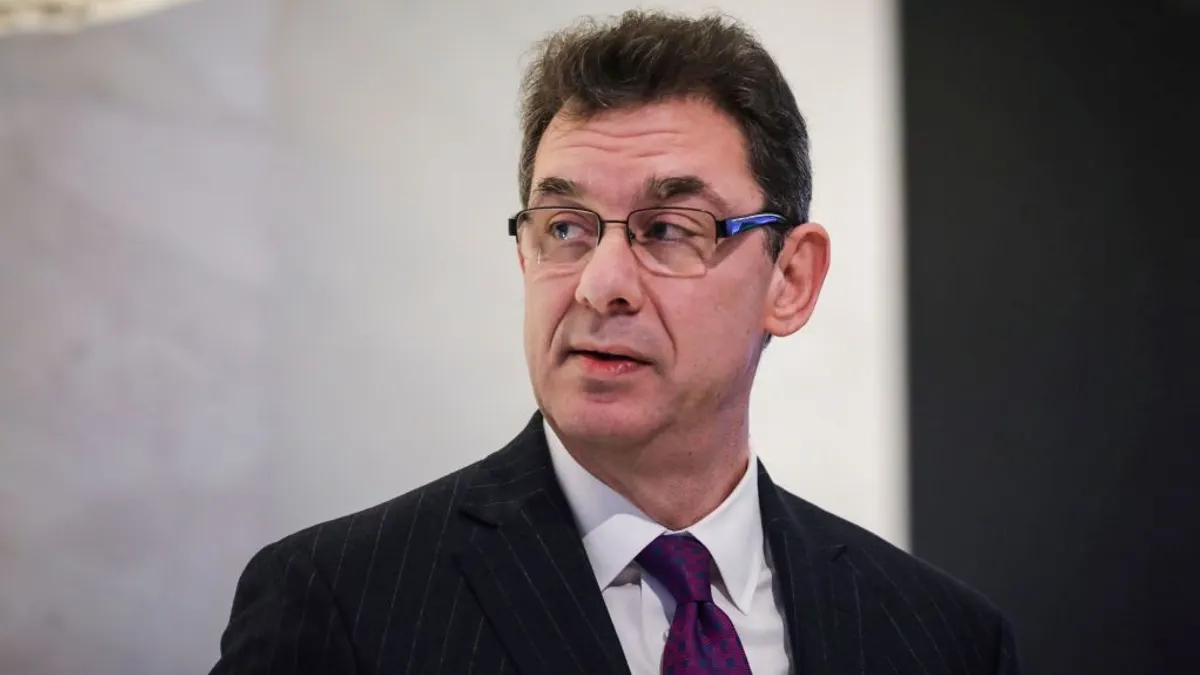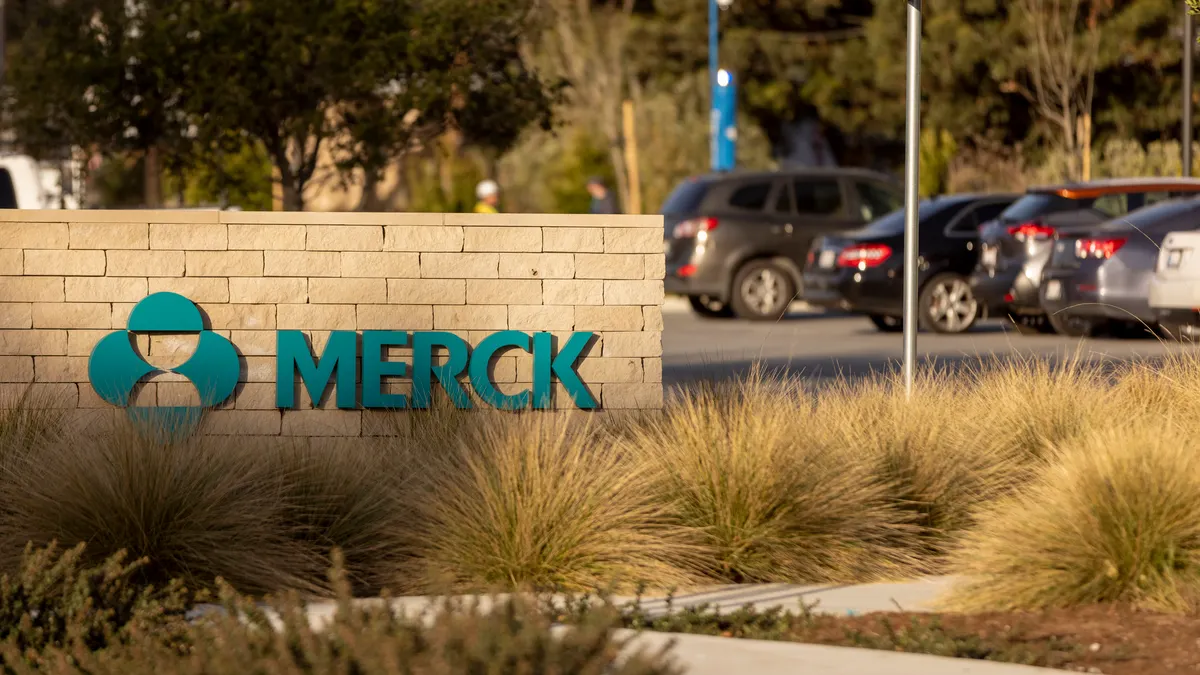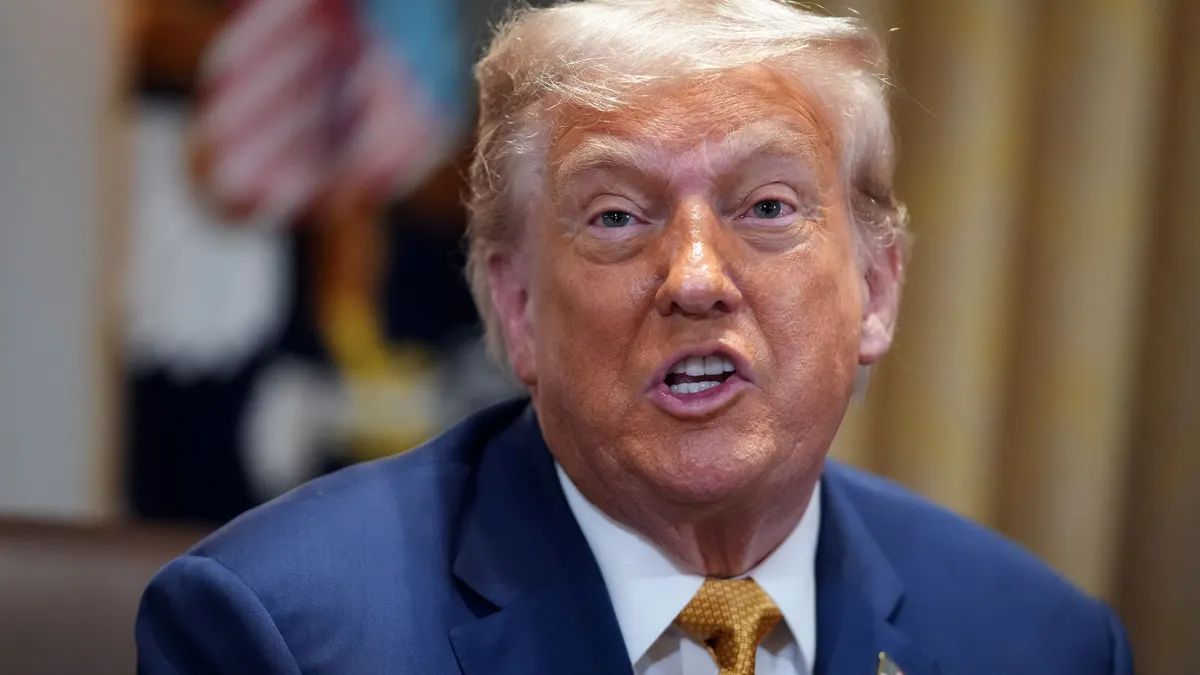Vaccine makers are up against unique headwinds. On the one hand, technologies like mRNA have offered breakthroughs for tackling infectious diseases. But at the same time, market uptake and sales growth for several new shots have been sluggish in the last year.
Now, with Robert F. Kennedy Jr., a long-time vaccine critic, sworn in as the new head of the U.S. Department of Health and Human Services, drugmakers are also facing fresh regulatory uncertainty.
Recent earnings reports from the space’s top players underscore this challenging environment.
But while drugmakers face issues like increased vaccine skepticism, they’re also keeping the R&D wheels turning and gearing up for potential wins in 2025. Here’s what end-of-year reports from some of the largest vaccine makers reveal about the industry’s shifting winds.
The challenging RSV and flu landscape
Vaccination rates are falling broadly across disease areas.
Among young children, the divide in vaccination rates has fallen along political lines, with kindergartners from states where President Trump won the popular vote showing higher rates of vaccine exemptions, The New York Times reported in January.
Flu vaccination rates for the 2024-2025 season are also well below those from the previous three years, according to the Centers for Disease Control and Prevention data. The trend is happening while the U.S. faces its worst flu seasons since 2009, with at least 29 million illnesses, according to the CDC.
Yet, not every company has been hit by the downturn in flu shots. Sanofi, the largest influenza vaccine maker, reported that global sales for its flu jab were slightly down for the year, although 2024 was a particularly strong year for comparison, CEO Paul Hudson said during the company’s earnings call.
Sanofi’s vaccine portfolio was also buoyed by uptake in what’s become a complex market for RSV.
Overall, the company’s vaccine sales rose 13.5% during the year, mostly driven by European sales of Beyfortus, its RSV antibody approved for babies.
The new shot is among a swath of new RSV drugs that have debuted over the past few years, including a handful approved in the U.S. since 2023. But the breakthrough hasn’t led to runaway sales for drugmakers amid the declining vaccination trend.
GSK’s Arexvy, which became the first RSV vaccine approved in 2023 and protects older adults, reached about $734 million in sales in 2024, down 52% from the previous year, according to the company’s year-end earnings report.
GSK placed some of the blame on the CDC after the agency’s Advisory Committee on Immunization Practices changed its recommendations on who should get vaccinated against RSV last year, potentially reducing the patient population.
Still, the pharma company was bullish on Arexvy’s future, with revaccination and age cohort expansion expected down the road.
“We really are in the foothills of this vaccine,” said Emma Walmsley, CEO of GSK, during the fourth quarter earnings call.
In addition, Arexvy dominated the RSV space in 2024, holding onto about 58% of market share for the year, said Luke Miels, GSK’s chief commercial officer.
“I think we are happy with that,” he said. “The key point is to preserve value and position ourselves for the future, when we do think ACIP ultimately will move to expand this population.”
GSK is aiming to hold onto its market control over Pfizer, which also saw sales of its RSV vaccine for older adults, Abrysvo, decline last year. In fact, Abrysvo sales plummeted 62% year over year in the fourth quarter alone. But Pfizer executives also noted during the company’s year-end earnings call that the drug notched a 13% increase in market share during the year.
Moderna launched its RSV vaccine mResvia last year, marking the biopharma’s second approved product. However, full-year sales were just $25 million. The vaccine is the third RSV shot approved for older adults, and like Pfizer and GSK, the company is bullish on its prospects.
“While early RSV sales were limited, we see long-term opportunity to expand our presence in this market both in the U.S. and internationally,” CFO Jamey Mock said during the earnings call this month.
Regulatory upheaval
Now at the helm of HHS, Kennedy has wide-ranging ability to interfere with standardized vaccine polices, such as changing the role of ACIP, which advises the CDC on the use of vaccines.
Pfizer CEO Albert Bourla said he was “cautiously optimistic” about Kennedy’s leadership position during the earnings call and noted he was looking forward to working on areas of agreement, such as chronic disease.
“The president introduced me to him, and we had dinner all three together, and we tried to understand his view,” he said. “Do I expect that we will agree on everything on vaccines? I don't know. But I think probably … he will have a way more tempered view on how to interact with the vaccines. I think there are a lot of opportunities that probably outweigh the risks that we have with the radical change that… we are seeing now with the Trump administration.”
Moderna CEO Stephane Bancel also offered some insight into how the company views the administration’s new leadership during the year-end earnings call.
“We look forward to working with the new team as they get confirmed by the Senate,” Bancel said. “Vaccines are a very important piece of keeping people healthy, and we look forward to having those discussions as people get confirmed.”
Vaccine developments in the coming year
Looking ahead, drugmakers are intent on expanding their RSV base and are still funnelingR&D dollars into new vaccines.
Moderna is on the cusp of potentially snagging approvals for three new vaccines this year, including its next-gen COVID vaccine, an RSV jab for high-risk adults between 18-59 and a flu-COVID combo shot for people 50 and older.
With upcoming PDUFA dates in May and June for the new COVID and RSV shots, the biopharma has a lot on the line over the next several months. Moderna is also in a pivotal phase 3 study for a cytomegalovirus vaccine candidate and a two-season pivotal phase 3 study for a norovirus vaccine.
Elsewhere, Sanofi reported it moved forward with six new vaccine studies during the fourth quarter of 2024, including a phase 3 study for a candidate in pneumococcal in children. And GSK noted its pipeline includes plans to expand its shingles vaccine label during the first half of 2025.

















